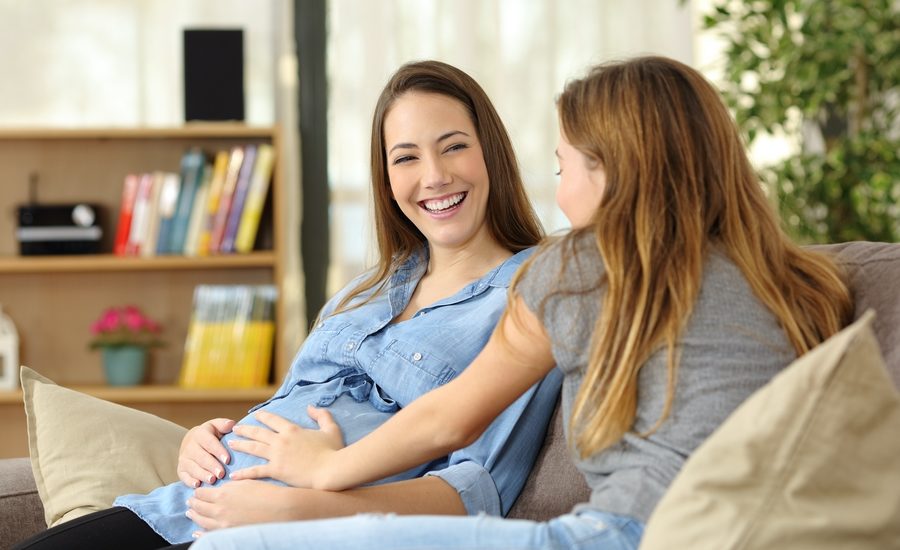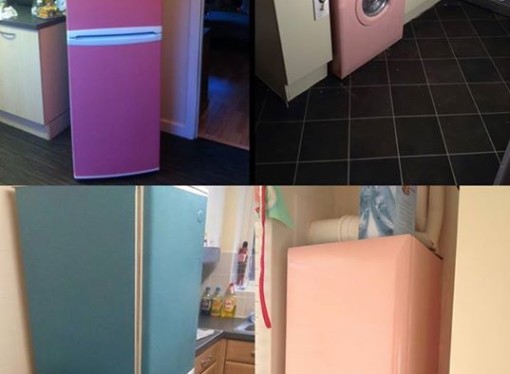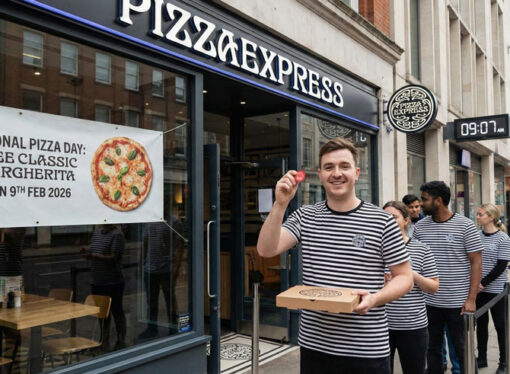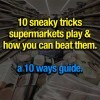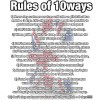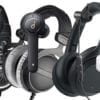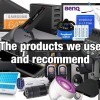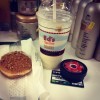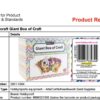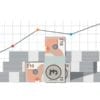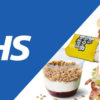Of course, this list is not exhaustive and may not apply to everyone, you should do your own research and understand we’re not expert parents (no one truly is) but that being said we’ve had two kids and have spent many many hours researching and trying to ensure we do the right thing so if we can pass on a fraction of that to you then that’s great.
- Breastfeeding can save a significant amount of money on formula costs and lower the chances of illnesses
That said breastfeeding is really hard, there is a lot of pressure and it’s not possible for everyone so don’t feel pressured either way (remember there is lots of support available), however, the formula on the flipside is expensive (an estimate of around £30-£40 per month based on 6 feeds per day) and the cost can add up quickly, especially if you plan to milk feed for an extended period of time or use a machine to aid in the process of making, cleaning etc. According to some estimates, breastfeeding for the first year can save a family up to £550, but most of these studies fail to reference that breastfeeding Mums will likely need to eat around 500 calories extra each day 1 and many breastfeeding Mums will want to pump and bottle store some milk at some point as well which requires buying or renting a machine. Equally many formula-feeding parents will buy the likes of a PerfectPrep machine as well Read more from NHS and on Start4Life - Using cloth nappies/diapers instead of disposable ones can save a lot of money over time. That said, your mental health as a new parent can be very fragile, so we would argue disposable nappies at least at the start is very wise. Cloth nappies, on the other hand, can be used for multiple children and can be washed and reused almost endlessly. The savings can be significant, with some estimates putting the savings at around £1475 or more over the course of a child’s nappy years (roughly up to the age of 2.5 years old). That said… there is the rather big issue of cleaning them properly… Some councils will also offer you incentives (e.g. £50-£200 vouchers) to use reusable nappies instead of disposable which likely will end up in landfill or being burnt!
- Use hand me downs and/or shop for baby clothes from second-hand stores or online marketplaces can save a LOT of money. Baby clothes are often worn for a short period of time (as they grow so damn quick) and can be expensive to purchase new. Of course, you won’t want to buy dirty/stained clothing and most sellers wouldn’t sell them but many parents will sell older clothes to recoup some of their often high initial outlay and that means you get a good deal. Buying gently used clothes can save a significant amount of money and still provide your child with the same level of comfort and style. Of course, you likely won’t want the first outfit to come used but other ones are normally perfectly fine.
- Creating a budget and sticking to it – One of life’s most important yet often missed tasks, but this can really help you save money by ensuring that you are only spending money on what is truly necessary. A budget can help you prioritize expenses and avoid impulse buying.
- Start saving for nursery now! Wow is paying for nursery a painful experience, start that saving pot ASAP as you will need it! Also, consider if one of the households should potentially go part-time or be a full time Dad/Mum etc, as often the maths means that 2nd job literally pays just for the nursery fees. Also make sure you’re aware of Tax Free Childcare
- Avoiding buying unnecessary baby gear can save a lot of money.
There are many products on the market that are marketed as “must-haves” for new parents, but many of these items are not truly necessary. Avoiding these unnecessary purchases can help you save money. Instead, get the bare essentials and then try/borrow products once the baby arrives to see if you really need it. A list of essential items for a baby’s needs:- Beside the bed Crib or Cot or Moses basket
- Mattress (will depend on what you have above)
- Sheets
- Blankets
- Changing unit or changing mat
- Portable Changing Mat
- Comfortable existing seat (or a rocking chair) for parents
- Baby Monitor
- 6 sleepsuits or long-sleeved suits
- 2 rompers
- 6 short-sleeved suits
- 2 cardigans, jackets, or jumpers
- 1 shawl or snowsuit
- 1-2 baby hats
- 1-2 mittens
- 3-5 booties
- 2 sleeping bags (optional)
- 7 bibs
- Sun hat
- A plan for feeding and then the necessary equipment (e.g. if breastfeeding a good Nursing Bra for Mum or a set of bottles and a cleaning kit if bottle fed)
- Room thermometer
- Water Thermometer
- Car seat (see if you can get one that is aged from 0 to 4 or more, some even go from 0-12, spend a good time ensuring it’s perfectly fitted)
- Pushchair or travel system (this is a minefield of different options, paying more does seem to give better quality overall and higher resell value in the future if you stick with trusted brands like iCandy, Cybex or Bugaboo)
- Baby changing bag
- Cotton wool pads or baby wipes (use Subscribe and Save)
- Baby Bath
- 2 Hooded Towels
- 2 wash cloths
- Big soft floor blanket instead of play mats etc
- Lots of muslins (get double what you think is about right, we would say 12+ is the real number you need)
- Joining a parenting/NCT group and/or attending SureStart
These groups can be a great way to save money and time by exchanging tips and advice with other parents, they also potentially will give you a set of friends for life that will be going through almost identical issues for the next 18 years so you can use this as a two ways support programme which likely will improve your mental health long the way. These groups can provide a wealth of information on everything from budgeting to finding the best deals on baby gear. Many communities/councils offer a variety of resources for new parents, such as parenting classes, support groups, and parenting workshops. These resources can provide valuable information and support, and often at little or no cost. Learn more on SureStart or NCT classes – If those don’t work for you consider some Parenting Podcasts, one of our favourites is Parenting Hell you will quicky learn the realities and it’s great fun as well, we call it our therapy! - Take advantage of your friends and family’s offers of presents to get exactly what you need
- Create an Amazon Baby Wishlist – expectant parents can save up to 15% on one of their baby wishlist purchases but you can also share this link with friends and family to help them buy something you really need/want.
- Make sure you’re aware of the financial support available to you (regardless of your income)
The Government has a good page explaining all of the options - Free Dental and Prescriptions!
It’s important to note that in the UK, women who are currently pregnant or have given birth within the past 12 months are eligible for free dental treatment and prescriptions through the National Health Service (NHS).

